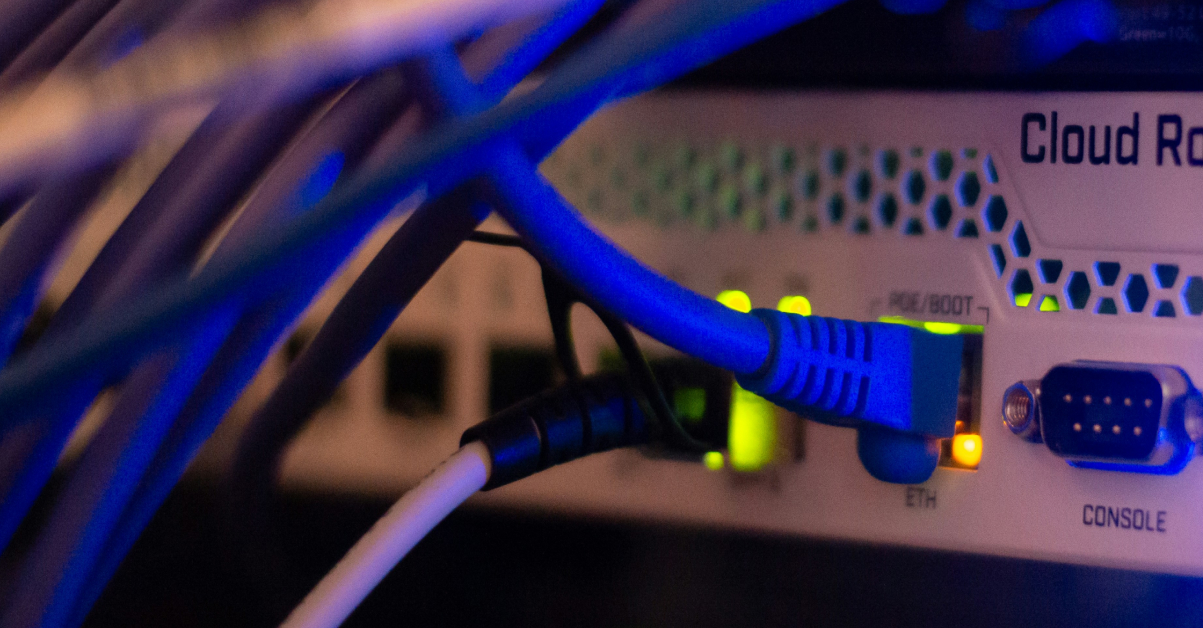In recent years, the concept of a HomeLab has gained significant attention among technology enthusiasts and professionals alike. A HomeLab refers to a domestic computer laboratory or network where individuals can experiment, learn, and test various technologies in the comfort of their own homes. This setup offers a unique opportunity to bridge the gap between professional and personal interests, allowing individuals to stay up-to-date with the latest developments in the field.
Motivation
So, why should you consider building your own HomeLab? For starters, having a dedicated space for experimentation can be a game-changer for professionals looking to stay up-to-date with the latest technologies. It's also an excellent way to develop new skills, troubleshoot issues, and even create innovative solutions. On the other hand, hobbyists can use their HomeLab as a platform to learn new programming languages, try out different software, or even host their own online communities.

Don't Believe Me, Here Are Some Examples
At Numlabs, our colleagues have built some impressive HomeLabs that showcase the concept's potential. For instance:
- Kamil managed to breathe new life into an old computer rescued from the waste bin. What did he do with it? He turned it into a multi-player game server and Jellyfin application for sharing movies. It’s great implementation of the "reduce, reuse and recycle" principle!
- Adam did some tinkering and moved the too noisy server to the basement, running an internet cable through the ventilation shaft. In the following years, Numlabs hosted many open-source services, such as ownCloud and GitLab, which are crucial for fast and smooth workflow.
- I also built my own HomeLab, which serves many purposes. It started as a simple backup solution and evolved into a fully-fledged remote workstation for data learning. I use it all the time to host open-source projects, such as Nextcloud and Ollama (which helps me in writing this article). This setup has brought me a lot of joy, allowing me to discover new hobbies and improve my professional skills.

Approaches to Building Your Own HomeLab
There are several ways to approach building your own HomeLab, depending on your goals and preferences. Some popular methods include:
- Old hardware - You probably already own a device that could be a great first system in your HomeLab. Install Linux and give your old laptop a second life!
- Dedicated server with Raspberry Pi or Mini PC - Use small form-factor PCs to create a compact HomeLab that's easy to set up and maintain. Use it as a server for specific tasks, such as hosting a website or running a backup solution.
- Visualization station - This would require more effort, but as the pay back you are much more flexible in term of what are you hosting and how do you want scale things. By building a full station PC you can experiment not only with software, but also with different hardware configurations. Just keep an eye on your power bill.
Independently from your strategy there is a ton of learning materials on youtube and github. Most of the solutions require some level of Linux experience, but you can also buy a Network Attached Storage (NAS) with a pre-installed operating system and an intuitive user interface.

Security considerations
When building your own HomeLab, security is crucial. Here are some essential tips to keep in mind:
- Keep software up-to-date - Regularly update your operating system, applications, and firmware to prevent vulnerabilities.
- Limit Access - Restrict access to your HomeLab by configuring firewalls, setting up user accounts with limited privileges, and implementing multi-factor authentication (MFA) whenever possible... Or just keep it in a local network. The Internet is full of shady hackers and wrongly configured servers are an easy target. So consider using your own self-hosted VPN or a provider such as ZeroTier or Tailscale.
- Regularly back up your data - Mistakes happen and having backups can save you from a disaster.
Conclusions
Whether you're a tech enthusiast or simply looking for a fun and creative way to explore technology, building your own HomeLab is an exciting opportunity that can open doors to new learning experiences and innovative projects.
With this article as a starting point, I hope to inspire you to take the first step in setting up your own HomeLab and discovering the many possibilities it has to offer.




